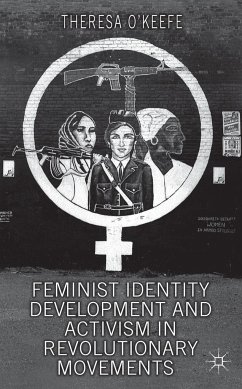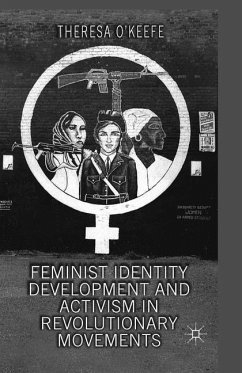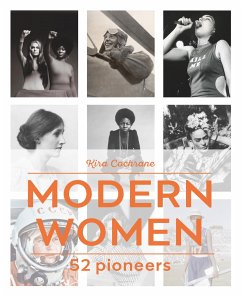
Feminist Activist Ethnography
Counterpoints to Neoliberalism in North America
Herausgeber: Craven, Christa; Davis, Dána-Ain

PAYBACK Punkte
28 °P sammeln!
This collection reengages 20th century debates on feminist ethnography in a 21st century context. It serves as a critical dialog about the possibilities for feminist ethnography in the 21st century—at the intersection of engaged feminist research and collective activism. Contributors argue that feminist ethnography has much to offer contemporary debates over activist scholarship by posing feminist counter-visions to the overwhelmingly market-driven approach of neoliberal public policy efforts.














